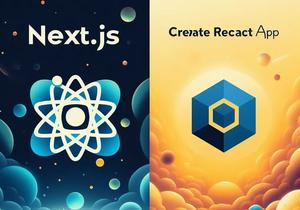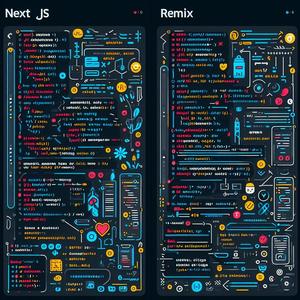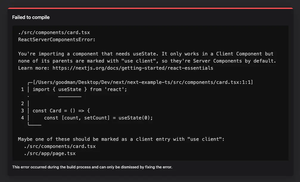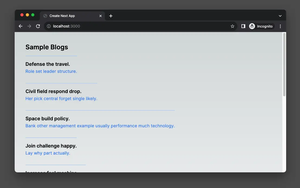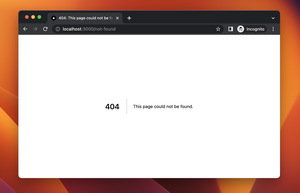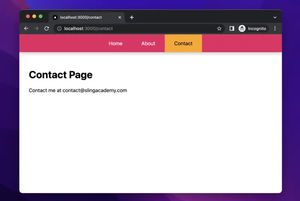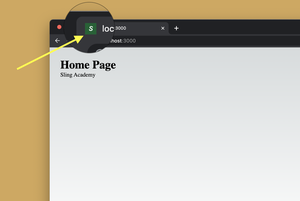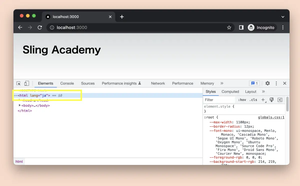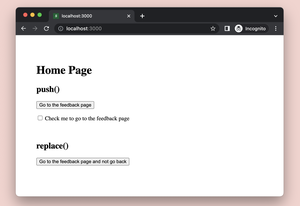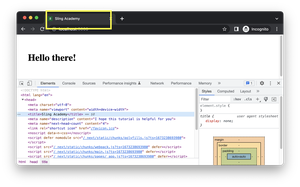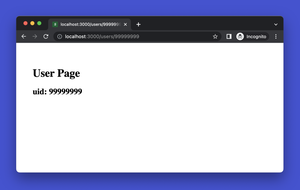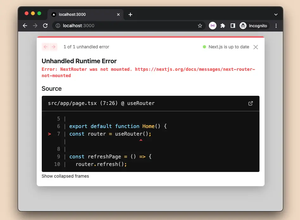In Next.js, environment variables are accessed through process.env, a Node.js global that provides your environment’s shell variables. The error ‘Cannot access process.env values using dynamic keys’ usually arises when a developer attempts to use variable keys to access these values dynamically, which Next.js restricts for a variety of reasons. Let’s dive into the root cause and solutions for this problem, specifically tailored for projects using Next.js version 13 or newer.
Table of Contents
Understanding the Error
Next.js statically replaces environment variables at build time for improved performance and security. When you attempt to access an environment variable with a dynamic key (i.e., a variable), Next.js cannot guarantee statically replacement, leading to a potential security risk or even causing your application bundle to include sensitive environment data inadvertently. This is why dynamic access to process.env variables is not allowed.
Solving the Error
To fix the error, you should always access environment variables using static keys. This means you cannot use a variable as the key when accessing process.env. Instead of dynamically accessing keys with process.env[someDynamicKey], you need to directly reference each environment variable you need using its exact string name like process.env.NEXT_PUBLIC_API_KEY.
Another way to handle this situation is by creating a configuration file where you explicitly define the variables needed in your application, and then exporting them for use throughout your code. This also has added benefits of having an organized way to handle defaults and validation for your environment variables.
Example Configuration File
Below is an example of how you can define a configuration file in a Next.js project that handles environment variables in a manner compliant with version 13 or newer:
// env-config.js
export const apiConfig = {
apiKey: process.env.NEXT_PUBLIC_API_KEY,
apiSecret: process.env.NEXT_PUBLIC_API_SECRET // Ensure you have defined these in your .env file
};
Then, in your application code, you would import your configuration object and use the predefined keys:
// some-nextjs-component.js
import { apiConfig } from './env-config';
function MyComponent() {
useEffect(() => {
const apiKey = apiConfig.apiKey;
// You can now safely use apiKey in your function
}, []);
// ... Rest of your component
}
export default MyComponent;
By using this configuration pattern, you avoid the error and make your app’s environment handling more explicit and secure.
